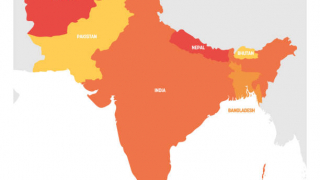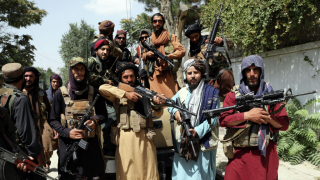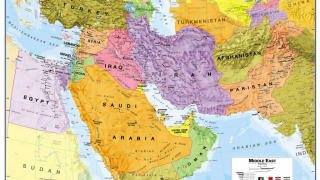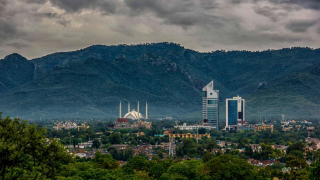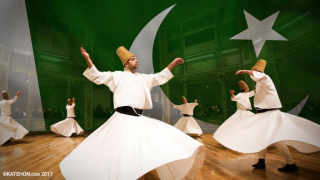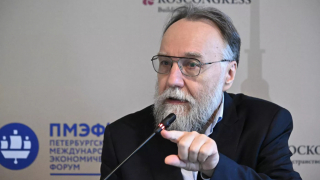Truth & Responsibility: Forgotten Media Traits
To journalists, many states and media associations provide legal protections so they can exercise the right to report the news accurately and present analysis fairly and responsibly. This is called the ethical journalism. The principles of journalism not only guide journalists to seek truth, but also require them to be honest and courageous in gathering, reporting and interpreting information. These principles are to minimize harm and make journalists accountable to readers, listeners and viewers. Hate speech/content is considered serious crime as per mainstream international/state laws and media regulations. I know many journalists who stay true to themselves in their own work and their authenticity shines through. I remember one of my Indian friends who used to appear on an Indian TV channel as a newscaster and anchorperson. She resigned from her job opposing Indian action of unilaterally annexing occupied Kashmir on August 5, 2019. On the contrary, there are many journalists, like Mr. Arnab Goswami, who do not comply with the ethics. As an anchor, Mr. Goswami is supposed to moderate discussions without being biased. For instance, one of my friends who once participated in an Indian programme in 2018 hosted by Mr. Goswami left the show in the middle because Mr. Goswami freaked out during discussion, started shouting and stopped listening to guests. I did not see an anchor in him because he did not let the experts speak.
Having said that, Indian media analysts and opinion makers, time and again, have criticized Pakistan in a derogatory style that clearly falls in hate content/speech. Most recently, Mr. Goswami and some of his guests in a Republic TV programme, “Poochta hai Bharat”, conveyed the views that all Pakistani people are terrorists. They said that "their scientists, doctors, their leaders, politicians all are terrorists, even their sports-people, every child is a terrorist over there. You are dealing with a terrorist entity." One of the guests also described Pakistani scientists as “thieves,” while another described Pakistani people as “beggars.” The episode was about India’s attempt to send the spacecraft Chandrayaan-II on its mission to the moon. Goswami views that “we (India) make scientists; you (Pakistan) make terrorists.” The language in the show was derogatory about Pakistani people on the basis of nationality. Ofcom, the UK's communications regulator, has evaluated the content of the show that amounted to hate speech against Pakistan. Program contained constructed hate speech and the content was potentially highly offensive, breaching British Government Rules. ‘Ofcom’ has also imposed a $27,103 (€22,200) fine on the license holder of pro-government Indian news channel, Republic TV, for breaching its broadcasting code. The controversial episode had aired on 22 July, 2019. The licensee of Republic TV, has also been banned from airing the show in the UK again. As per Ofcom Rules 2.3, media channels must ensure that material which may cause offence is unacceptable except where it is justified by the context.
Since it launched in 2017, Republic TV has been accused of biased reporting in favour of the ruling Bharatiya Janata Party (BJP) and Hindu nationalism. The channel's anchor and editor-in-chief, Mr. Goswami, has already been frequently criticized for hosting aggressive debates that air inflammatory, right-wing and occasionally Islamophobic comments. During the month of December, the chief executive of Republic Media Network was also arrested in the Indian city of Mumbai for allegedly manipulating viewership for its channels.
The channel also broadcasts news and current affairs programmes for Hindi speaking community in UK with propagated design to defame Pakistan. Such hate content attempts can spark communal tensions between people of India and Pakistan living in the UK. The disinformation and narrative building in the mainstream Indian media often portrays Muslims negatively. As a saying goes; “A little knowledge is a dangerous thing”. Knowing the facts and telling truth is crucial in media ethics as any opposition of truth telling is considered deception, especially in the times of globalization of digital media. International community needs to appreciate and follow the practice of ‘Ofcom’ and contain the menace of disinformation through effective legislations and internationally binding covenants. Indian mushrooming media, stimulated by political interests, is not yet manifestly journeying towards maturity. Lastly, Indian journalists should be made to respect media ethics and show professionalism.


